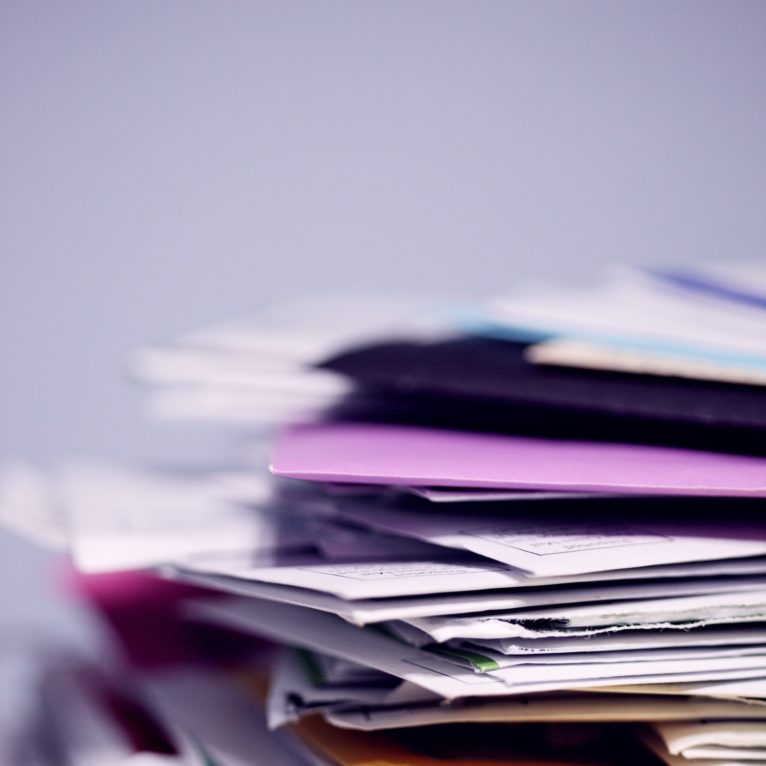
Share article:
The following are questions which a new clerk will want answers to when first joining the profession, as well as experienced clerks who need to provide answers to their councils.
WHAT IS AN INTERNAL AUDIT?
In simple terms, an internal audit is a system of checking the accounts and monetary affairs of all councils. The scope of it is largely dependent on the size and structure of the organisation:
‘Legally a council must undertake an internal audit as prescribed by Section 151 of the Local Government Act 19721. Furthermore, the Accounts and Audit Regulations 20152 requires authorities to “…undertake an effective internal audit to evaluate the effectiveness of its risk management, control and governance processes, taking into account public sector internal auditing standards or guidance.’
It is important not to confuse the internal audit with the internal controls of the council. Internal controls are undertaken by staff and are ongoing checks to ensure operational efficiency and effectiveness are achieved through the control of risks. This may include regular budget reporting, policies and procedures, insurance arrangements and a host of other areas.
Internal controls are the tasks that staff carry out daily to ensure the council is acting legally. Undoubtedly, good internal controls will help to achieve a smooth and successful internal audit.
WHEN DOES AN INTERNAL AUDIT TAKE PLACE?
Small parishes may only have an internal audit of the accounts undertaken at year end, whereas a larger council may also have several days during the year where their internal auditor attends and undertakes checks on areas such as cemetery records or asset registers, amongst other things. A larger council may also ask the internal auditor to make unannounced visits to undertake on-the-spot checks.
All councils will need to ensure a year-end accounts audit – with smaller councils ensuring the successful completion of their Annual Governance and Accountability Return (AGAR). Medium and large councils are required to enable their accounts to proceed to the external auditors.
WHY DOES A COUNCIL HAVE TO UNDERTAKE AN INTERNAL AUDIT?
It is a legal requirement for a council must undertake an annual internal audit. It isn’t just the legal aspect that is important – the audit report will need to be made available either on the council’s website or as a hard copy obtainable via the clerk. This provides openness and transparency to residents as they can review the report and understand how their council spends their council tax and runs its affairs.
WHO UNDERTAKES THE INTERNAL AUDIT?
Before looking at who undertakes the audit, the most important thing is to ensure they are totally independent of the council, and without any potential for conflicts of interest.
In order to obtain independence, a council may look to employ a self-employed auditor or a company who fully understand local government procedures. Many local council associations also provide an independent auditing service.
For those councils not served by a local association or who find themselves without an auditor due to unforeseen circumstances, or simply need a new auditor, this is a service that can also be accessed through SLCC’s Local Council Consultancy (LCC) arm.
On a final note, I would take this opportunity to say that your internal auditor is your critical friend and there to help, not an enemy attempting to catch you out. A relationship built on professionalism and trust will make for a seamless and successful audit. Trust me – I know!
Carol Bailey, LCC Associate






